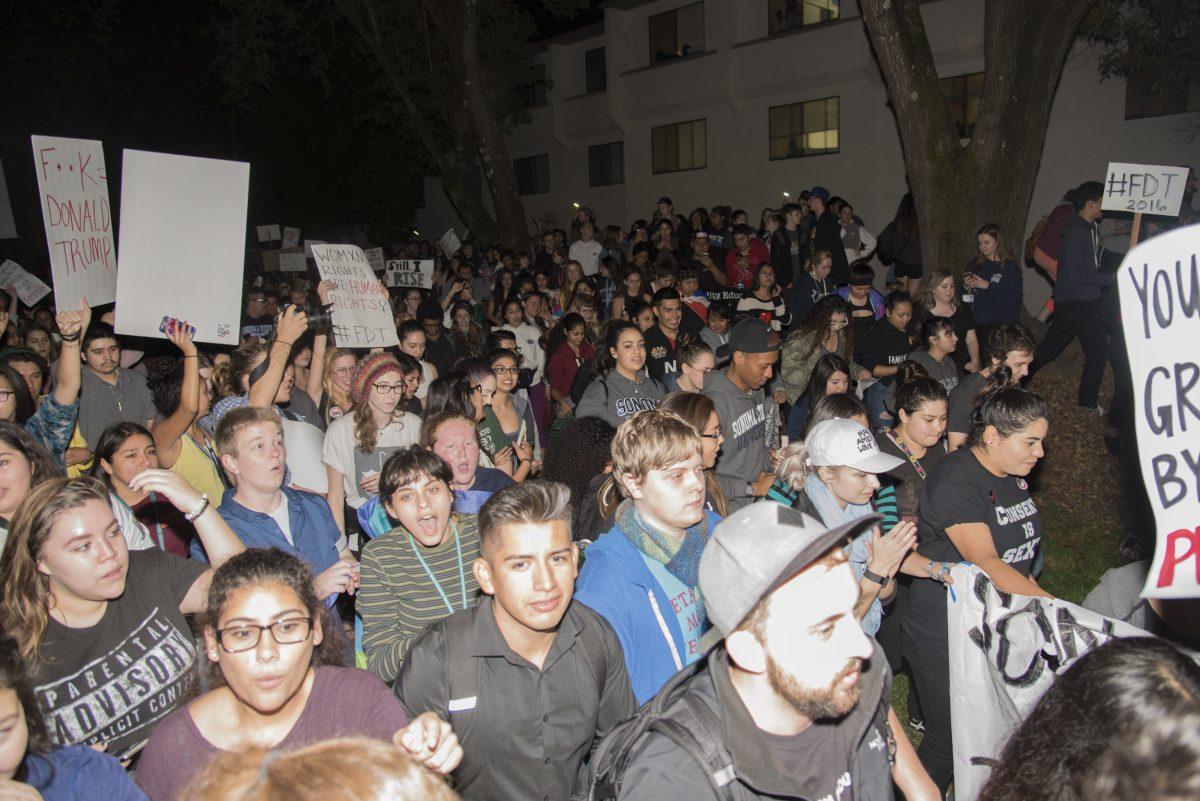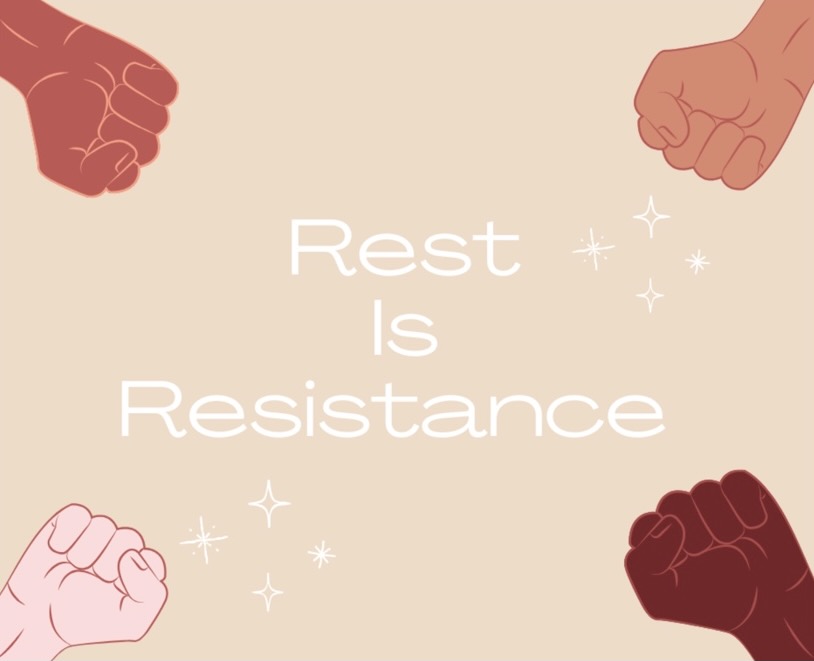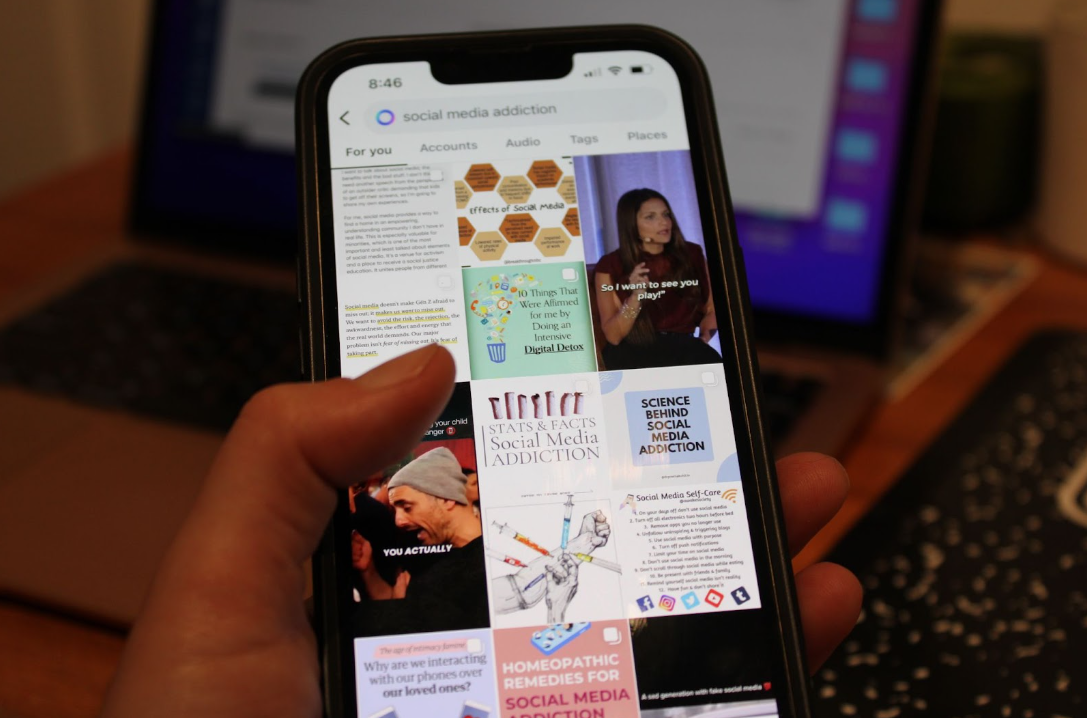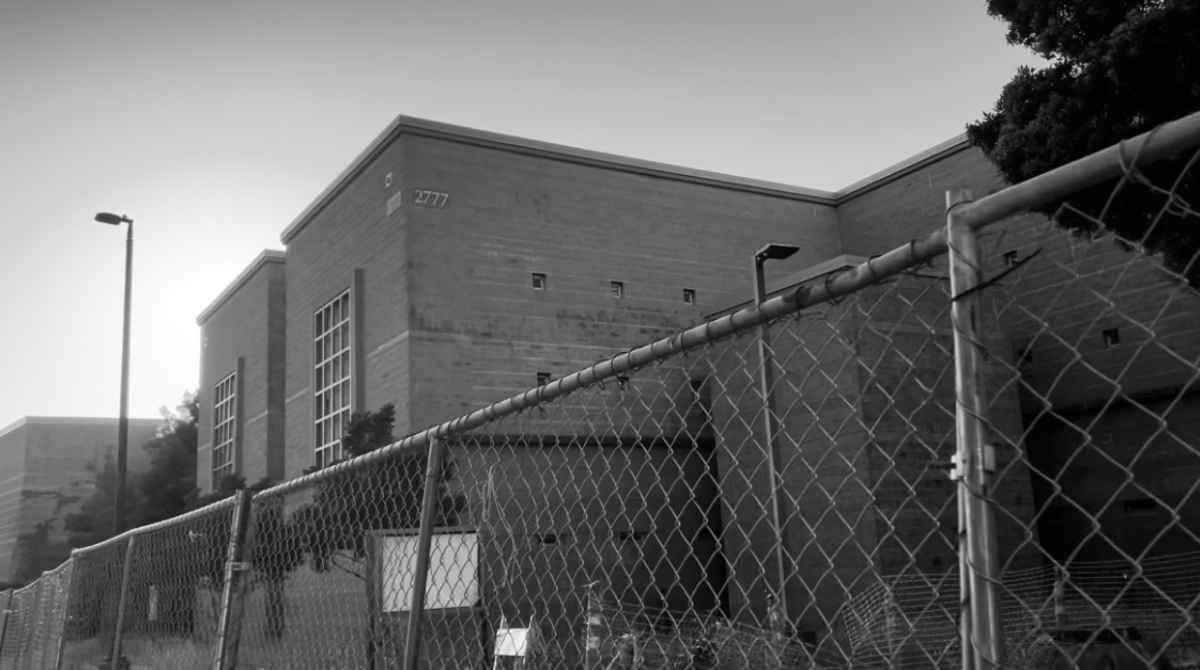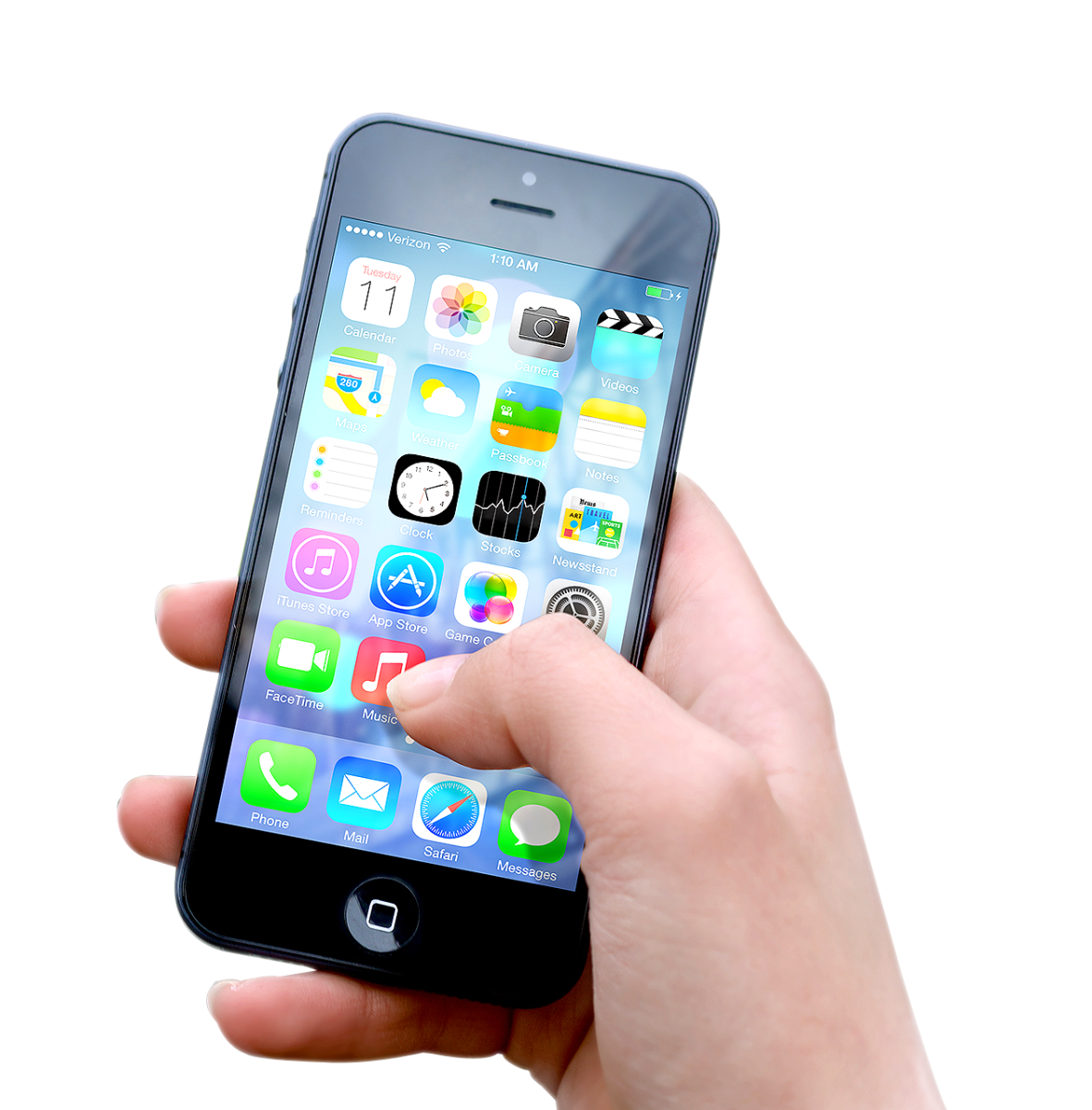It goes without question that cellphone popularity has increased over the years and so has their functionality. According to a Pew Research study, more than 90 percent of college students have cell phones. A similar study by the University of New Hampshire showed that college students check their phones between one and five times during class.
On the first day of my communications 240 class, our professor made it clear to all students that she will not tolerate any use of cellphones or laptops. Yesterday in my communications 275 class, our professor allowed us to use our cell phones and laptops to research and find answers to topics that we were discussing. I enjoy both my classes however, the contrast between both my professors and the stance they take on the use of cell phones while in class is quite puzzling.
“Cell phones are tools and it really depends how one uses it. It could be used as a very constructive tool academically, or it could be a very powerful distractive tool,” said Professor of psychology Elisa Velasquez.
“In my seminar classes where face to face interaction is most important, using a cell phone would be destructive. However in some of my classes, my students use cell phones to share constructive information between themselves,” said Professor of Psychology Glenn Brassington.
Many colleges and learning institutions have policies restricting the use of cellphones in class. A recent article from The Atlantic reported that cellphones are taking a toll on students’ cognitive thinking abilities.
Attention spans have shortened dramatically and many college students are struggling to read anything longer than a social network posting. The same report indicated that the dependence on cellphones keeps students from developing the ability to think on their own. Other complaints against cellphones include the fact that students can easily cheat on exams.
Over my years as a student, many professors have had strict policies on the use of cellphones while in class. Perhaps these professors want all the focus to be on the board, which is understandable. However when a student like myself who regularly uses a cellphone for research and to type as well as turn in assignments is denied space to use my cellphones in class, I feel misunderstood. Last weekend for instance, I was able to turn in one of my assignments while in Tahoe.
I constantly use software programs like Google Docs and Yahoo when not at home, and can use my cellphone to research questions related to my assignments wherever I could be. Unlike in the old days, most of our assignments are turned in online and the grades are also posted online. With the improved features of technology, professors should take a softer stance to students who want to use their cellphones for constructive, educational goals. “You carry around in your hands the world’s environment in that; with a cellphone, one can listen to music, get news or obtain any information they are looking for in an instant.” Brassington stated.
If cellphones were to be banned from classrooms, yes it may eliminate some distractions, but it will also leave many students disconnected from the realities of technology and the world. It’s not just students who can benefit from cellphone use, professors can too. It could be a faster method to communicate between professors and students.
Homework alerts and project directions can be sent via text message and students can keep themselves organized by taking advantage of calendars and organizer applications on their cell phone. While cellphones are destructive to some students, they are also very constructive to many other students.


